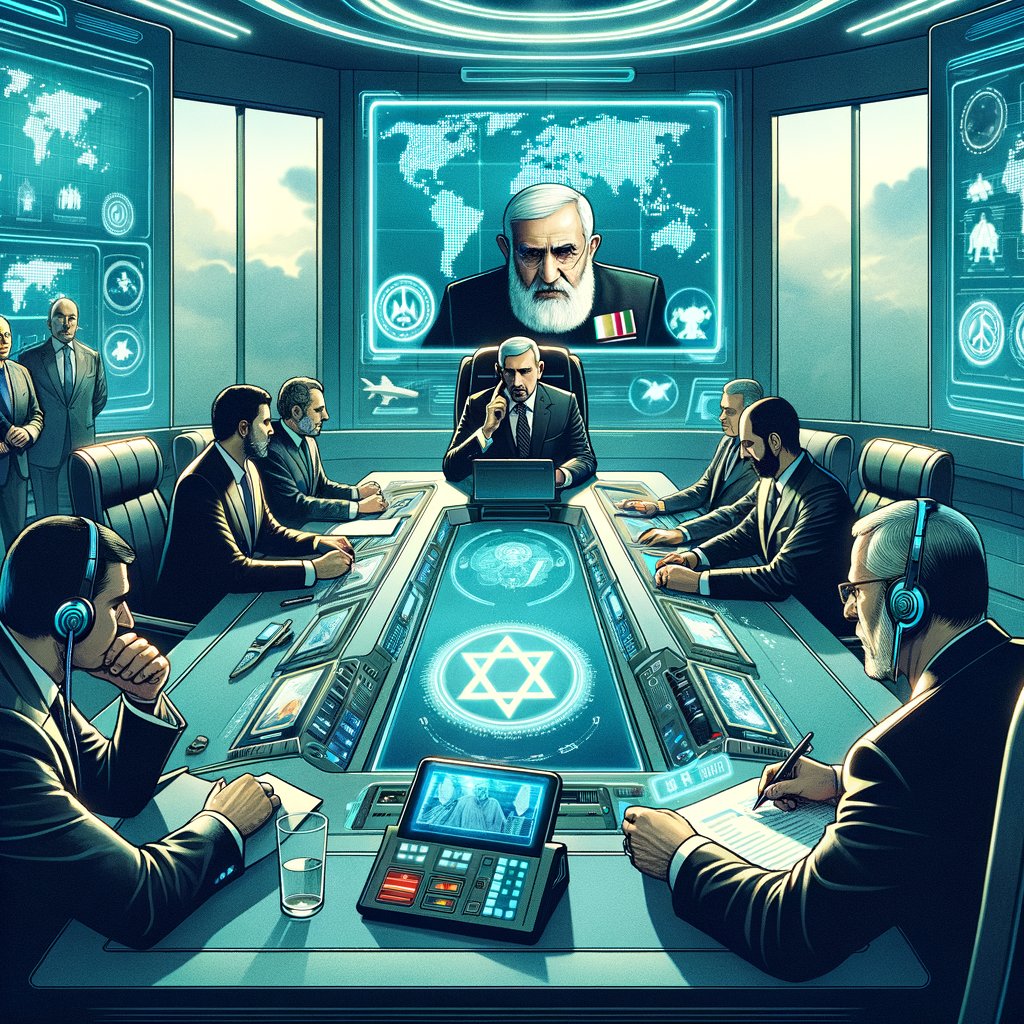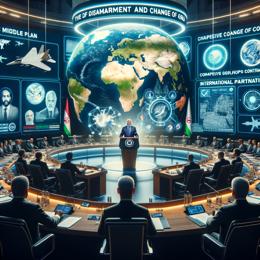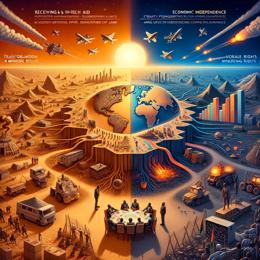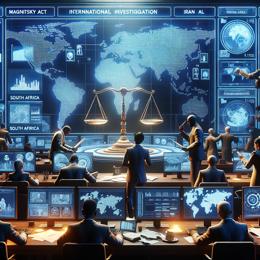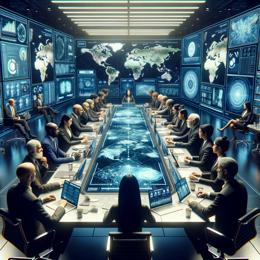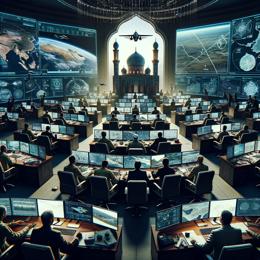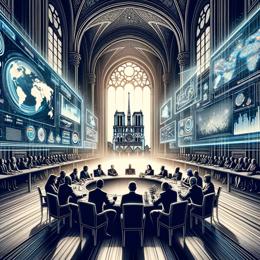Image created by AI
Renewed US-Iran Nuclear Talks? Trump Signals Willingness Amidst Tensions
In a surprising twist of diplomatic outreach, U.S. President Donald Trump has extended an olive branch to Iran, urging for renewed negotiations over its nuclear program. This initiative marks a significant departure from the hardline tactics characteristic of his first term. In his recent communication, Trump warned that failing to negotiate might lead to military confrontation, a scenario he described as "terrible" for Iran.
The backdrop of this unexpected move is colored by the historical tension surrounding the 2015 Joint Comprehensive Plan of Action (JCPOA). Negotiated under President Barack Obama, the JCPOA sought to limit Iran's nuclear capabilities in exchange for the lifting of economic sanctions. However, the deal unraveled when Trump, in his earlier presidency, withdrew the U.S. from the agreement in 2018, reinstating stringent sanctions.
The fallout from the U.S.'s withdrawal saw Iran gradually stepping back from their commitments under the JCPOA. Despite Trump’s return to office and reinstatement of a "maximum pressure" policy, there appears to be a tentative shift towards seeking a diplomatic resolution. Iran, on its part, remains wary. Iranian Foreign Minister Abbas Araghchi expressed reluctance on engaging in talks while the maximum pressure campaign persists, highlighting the past failures where military threats were paired with negotiation offers.
Meanwhile, this outreach could potentially strain relations with Israel, a staunch ally of the U.S., which views Iran’s nuclear potential as a direct threat. Israel has not hesitated to take military action against Iranian interests in the past. Furthermore, Trump’s diplomatic efforts have seen him distancing from figures associated with his previous Iran policy, signaling perhaps a recalibration of strategies involving key regional players.
The complexities extend beyond bilateral relations. Iran’s geopolitical ties, particularly with movements in Palestine and Lebanon, and the recent developments in Syria add layers to an already intricate situation. This outreach also comes at a time when Iran’s allies in the region face their own instability, further complicating the regional security dynamics.
Trump’s turn towards diplomacy is echoed by his billionaire confidant Elon Musk’s reported meeting with Iran’s UN ambassador, indicating an unofficial channel of communication. Despite these overtures, official dialogues are yet to materialize, as pointed out by Trump’s Middle East pointman, Steve Witkoff, highlighting a significant gap between diplomatic gestures and substantive negotiation.
As the situation unfolds, the international community remains vigilant on the impact this renewed call for dialogue will have on the volatile regional security architecture and whether it can indeed pave the way for a constructive re-engagement on Iran’s nuclear ambitions.
